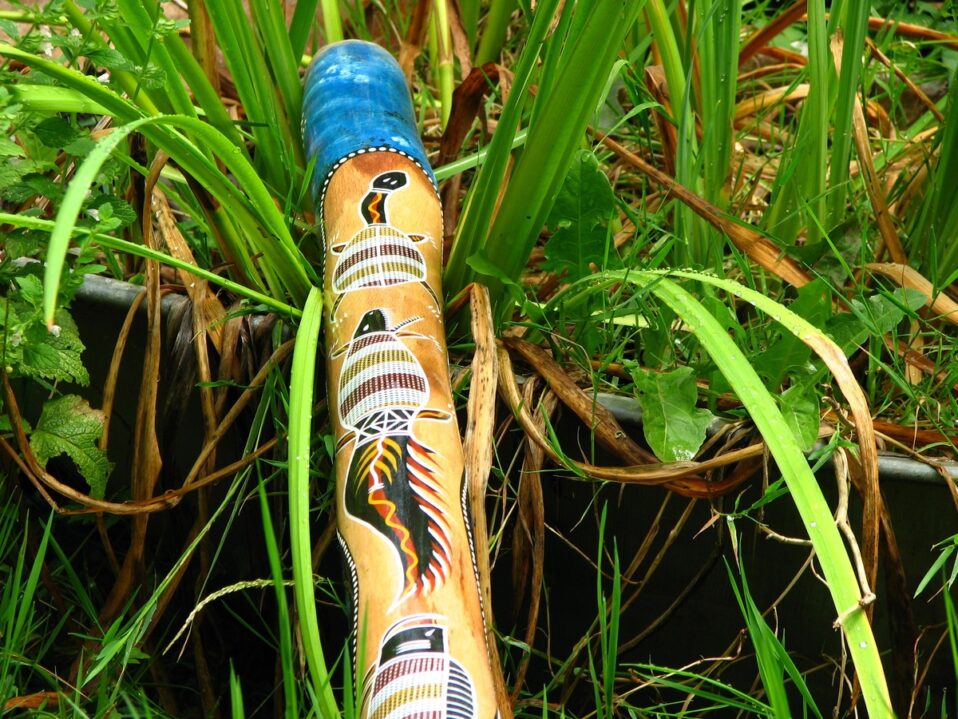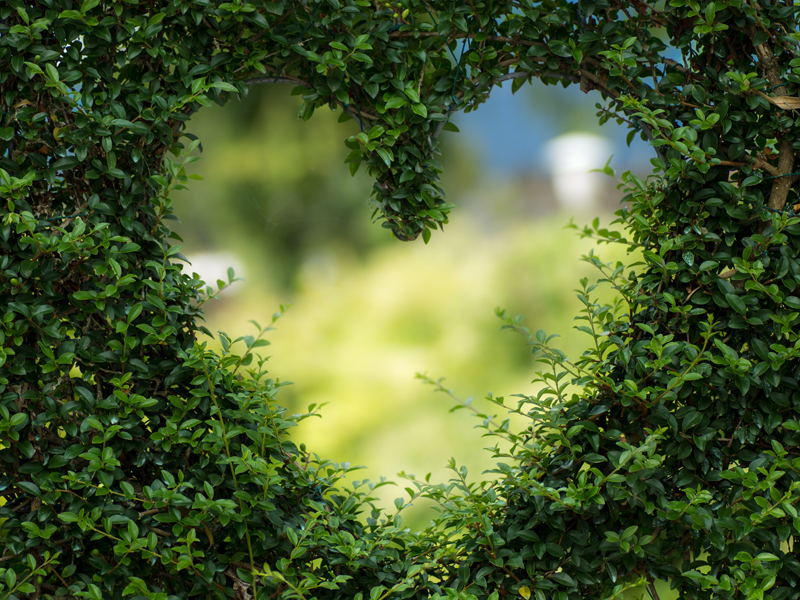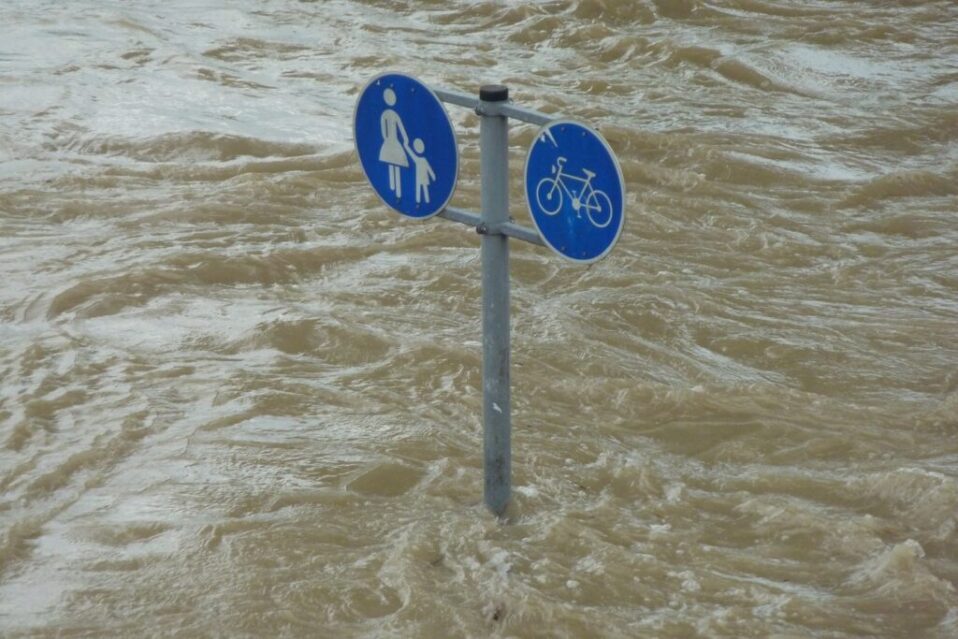Nyuntu Ninti
(What you should know)
I have written often of the Intergovernmental Panel on Climate Change (IPCC) and its increasingly dire warnings about the state of our planet. The most recent report released this year states that the world is running out of options to hit climate goals. In a statement released this week by U.N. Secretary General António Guterres he chastised the governments of high-emitting countries stating that they “are choking our planet, based on their vested interests and historic investments in fossil fuels.” He continued by saying that the latest IPCC report is a “file of shame cataloging empty pledges that put us firmly on track towards an unlivable world.” The changes that are needed to prevent catastrophic destruction to the planet indicate that the world must roughly halve emissions in the next eight years.
These warnings are not new, but are repeated with greater and greater urgency. However, I do not wish to dwell on the IPCC report, but rather heed Pope Francis’ call for an “ecological conversion.” He reminds us that “a change in lifestyle could bring healthy pressure to bear on those who wield political, economic and social power. Purchasing is always a moral–and not simply economic–act. Today, in a word, the issue of environmental degradation challenges us to examine our lifestyle.”
A change in lifestyle requires a change in consciousness; a change in the way we view and relate to the world around us. The title of this blog, Nyuntu Ninti, is an aboriginal term meaning “what you should know”. The Anangu people of Uluru, Australia, have existed for about 40,000 years. Prior to the arrival of the Europeans in 1788, two hundred thousand aboriginal people lived in harmony with each other and the land. After their arrival thousands of aborigines died from diseases and their culture almost destroyed. Today, however, these people, like so many indigenous people of other lands, are reminding us of what is truly important. Here are some of the principles that guide their lives and which they offer us:
- Everything here (in our land) is family. The trees are our family, all the animals that live with us are our family.
- Our elders have always taught us that we are connected to everything; that “being alive connects you to every other living thing that’s around you. You’re never lost and you’re never, ever alone-you’re one with everything else that there is.”.
- We never take more that we need. We don’t destroy anything that cannot produce again.
- We believe Mother Earth looks after us and we in turn must look after her.
- Everything is ours. Everything is family. No one is without when you think and live that way.
At a time when the world is in such upheaval and violence and hatred are the headlines in the news daily, perhaps we need to reevaluate what is truly important in life; to allow ourselves to have a conversion of heart. I would like to conclude this blog with the Aboriginal Ten Commandments which invite us to base our lives on love and respect.
Aboriginal Ten Commandments
Honor and Respect the Great Creator, the one who is above all.
Honor and Respect the Earth for we are physically and spiritually connected to all living and non-living things as we are their custodian kin.
Honor and Respect our ancient philosophy whereby ‘what is good enough for one is good enough for all’ as no one is above another, for all are equal.
Honor and Respect all members of Humanity for we are one ancient family, united and related through our kinship systems.
Honor and Respect every person’s right to freely practice and express in their own way their unique forms of spirituality, faith and beliefs.
Honor and Respect our ancient rule of sharing with one another so that no one is ever left without.
Honor and Respect our ancient rule of caring for one another so that no one will ever feel alone.
Honor and Respect both our Elders and Youth for each are very important when it comes to generational change and the advancement of our Peoples.
Honor and Respect that violence and substance abuse have no place within our lands, homes, and families.
Honor and Respect other peoples home boundaries and never walk into the home 0f another without first being invited in, as it is our ancient way.
Pope Francis calls for an ecological conversion; a change of heart. The aboriginal wisdom shared above is an invitation to look at our lives and the changes that we are called to make. Imagine a world where Honor and Respect were the touchstones of our lives.
Resources:
Randall, Bob and Melanie Hogan. Nyuntu Ninti (What you should know). ABC Books, 2009.
Kanyini. A youtube film about the Anangu people of Uluru, Australia



